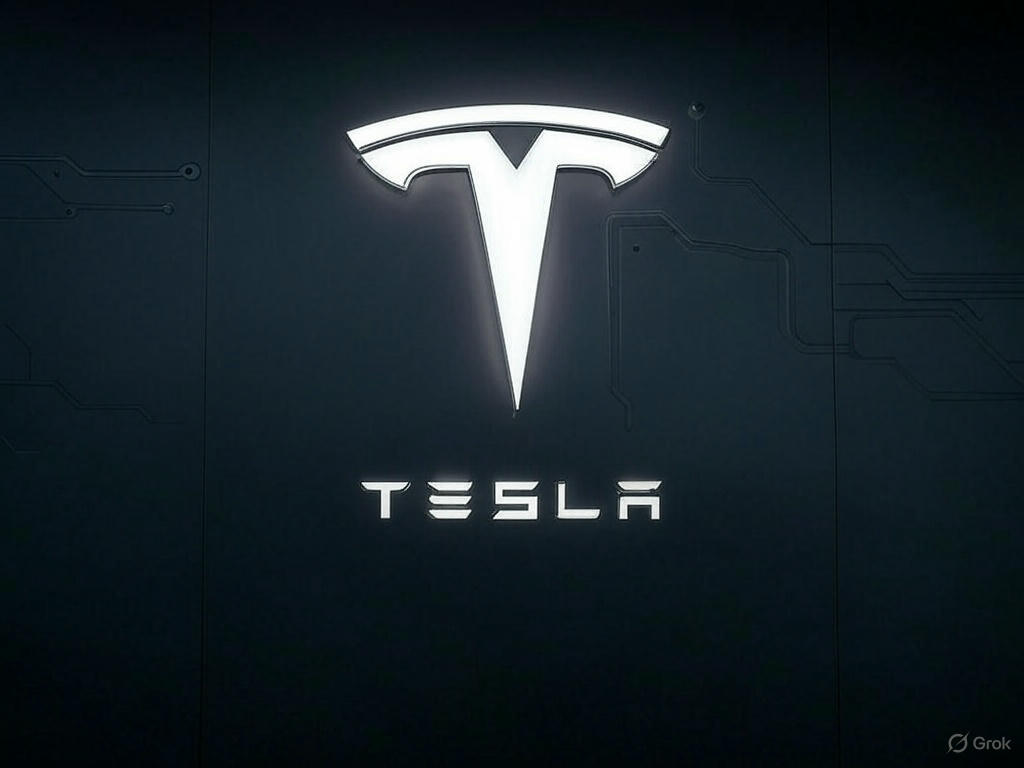Tesla CEO Elon Musk lashed out at critics of his proposed $1 trillion compensation package on Wednesday, calling two shareholder advisory firms that opposed it “corporate terrorists” during an earnings call.
Bloomberg reports that Musk talked about his $1 trillion pay package at the end of Tesla’s earnings call. He defended his compensation proposal and slammed proxy firms for opposing it.
“I just think that there needs to be enough voting control to give a strong influence,” Musk said, interrupting his CFO at the tail end of a 75-minute call. “But not so much that I can’t be fired if I go insane.”
The remarks came after one of the firms expressed “unmitigated concerns” about the controversial pay plan.
READ: Tesla shuts down Dojo supercomputer team (August 8, 2025)
The saga of Musk’s ridiculously high pay package began with a landmark 2024 Delaware court ruling that invalidated Musk’s original $56 billion compensation plan. The court found that Tesla’s board of directors failed to prove the plan was fair, citing concerns about the board’s independence and the process leading to the approval of the package. Despite shareholders initially approving the plan, the court ruled that the board had not properly negotiated or justified the compensation, raising serious corporate governance questions.
In response to the court ruling, Tesla’s board awarded Musk an interim pay package valued at around $29 billion, consisting of 96 million shares. This package is contingent on Musk maintaining a key executive role within the company, such as CEO. However, the controversy did not end there. By late 2025, proxy advisory firms such as Institutional Shareholder Services (ISS) and Glass Lewis recommended shareholders vote against Musk’s proposed new $1 trillion pay package. Their concerns centered on the unprecedented size and structure of the compensation, which many viewed as excessive and lacking alignment with shareholder interests.
Tesla’s board strongly disagreed with these recommendations and publicly urged shareholders to support Musk’s compensation plan. They argued that the package was designed to incentivize Musk to continue leading Tesla’s ambitious growth and innovation agenda, emphasizing the CEO’s crucial role in maintaining Tesla’s market position.
This ongoing debate over Musk’s compensation has broader implications for corporate governance, executive pay norms, and investor confidence. It raises critical questions about the limits of executive rewards, the role of independent boards in negotiating pay, and the influence of proxy advisory firms.
As of late 2025, Tesla’s stock price remains sensitive to these governance issues, reflecting the investor community’s close scrutiny of executive compensation practices. The Musk pay package controversy thus remains a high-profile example of the challenges in balancing executive incentives with shareholder interests in today’s corporate landscape.
For Musk, this controversy is more than just about money, it touches on his leadership role and the broader question of how much power a CEO should hold. The legal challenges and shareholder opposition underscore the difficulties he faces in balancing his ambitions with governance standards and investor expectations. Ultimately, this debate could shape Musk’s future with Tesla, affecting his ability to lead and innovate. The outcome of this controversy also sets precedent for other high-profile CEOs navigating similar compensation disputes in the future.
